What if we viewed lived experience as an asset? As an asset of professional, economic,…
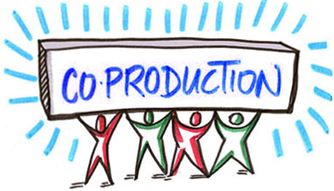
NHS Peer Leadership Academy: Day 5 (final residential)
Continuing in my series about the NHS Peer Leadership Academy, where you can read the blog about Day 1, the blog about Day 2, the blog about Day 3, the blog about Day 4 by clicking those links, in this blog I am talking about Day 5 of the Academy (aka the first day of the third and final two-day residential).
Day 5 was fantastic as all days of the Academy have been. We started off reflecting on our journey so far and what we have learnt, before moving onto some more Myers-Briggs work, this time around communication. As part of this, we were separated into groups based on different characteristics. In this, we were asked to reflect on a few different aspects of communication, i.e. which method of communication you prefer, how you prefer people to communicate with you and what you value in how you communicate with others. In our group, who were sensing and feeling types, we all preferred email communication to face-to-face, we prefer to have things written down. Then in emails we receive, we preferred it to be clear, concise, detailed, to be approachable and have a gentle tone, but also be personalised, not generic. After this, in our groups we had to work together to create a letter to a group who have the opposite Myers-Briggs type/characteristics, to demonstrate we understood different communication approaches to people with different personality types and had to tailor our letter to their preferences. We had to write to people who were Intuitive and Thinking types, which I felt we did quite good at, turning “inviting them to a picnic” to inviting them to a fundraising picnic where their group could come and network and build capacity as well as participate in fundraising activities to raise funds for the ‘Darwen Community Fund’ and were specific with details and what it would achieve. So I felt we didn’t do too badly. It was interesting to create the letter in a different communication style to what we would usually use or want.
Then we had a fantastic story, showing the impact of personalised care not just on the individual receiving care, but on their families and also on the whole family’s outlook on life.
Next we went back to Myers-Briggs to look at how we respond to change. There were some slides and some talking before we were separated into groups again and we were given a hand-out which described how different Myers-Briggs types deal with change on an ordinary level and an exaggerated level and then we had to sit and discuss about how we deal with change. Our group mostly agreed with what reaction to change our Myers-Briggs type has, and we also talked a lot about how we’ve managed to cope with change and not get to the extreme degree where, for example, I would shut down. It was very accurate and interesting to read about how we deal with change and think about how I can input coping or management strategies to ensure I don’t get pushed by changed to the point of shutdown or to clinging onto a certain fact or issue.
We also touched on conflict resolution for our different Myers-Briggs types.
Then we had another story which showed us the impact of lived experience stories and the patient/carer voice, before breaking for lunch. Over the lunch break I did a quick recording with Colin to share #MyPHBStory. I managed to do it in one take and without saying “umm” once! Not bad.
We came back to another story which was fantastic. This story showed us the benefit of personalised care and personal budgets in the case of learning disabilities and mental health and also the damage done by not focusing on the individual, their needs and desired outcomes.
Jo then led a section talking about co-production and what it is and what it means as well as the journey that has taken place since the original Personal Health Budget Pilot in 2009. She shared her experiences and the processes that had to take place and how things worked and how we’ve got to where we are today. It was wonderful to understand the journey that’s been travelled and to feel empowered to know that change can happen that is driven with and by patients and carers. She also talked a bit about strategic co-production, their model of co-production, thinking about power, authenticity and resilience, and how the strategic co-production group works. For example, at the meetings, they ensure there are more patients and carers than professionals, there is no Chair, only a facilitator, and formal minutes are not taken.
Following this, we had another fantastic story which evidenced the powerful benefits of shared decision making and patient empowerment.
After a break, we had a refresher on personalised care before going onto “Personal Health Budgets in a nutshell” to remind and inform us all of what Personal Health Budgets are, how and why they work, how they can be managed and what the future aims for PHBs are. We then had a quiz, with the three tables acting as teams and asking questions relating to what we’d just heard.
We had a final story which was amazing, a very raw personal journey which challenged us to think about how we stereotype certain groups of people and how as a result, services don’t identify or have preconceptions about such groups and how we almost condemn them into remaining in the difficult and unhealthy situations they are living in. It was a very interesting perspective and it’s about seeing everyone as a person, no matter their background, no matter their needs, no matter their experiences and no matter the situation they are in. It was a very powerful end to the day.
We’re all looking forward to tomorrow – although sad it’s the final day of the Academy – how it’s flown by! Tomorrow I am delivering my speech/story and I hope that goes well. The goodbyes are going to be hard – but they aren’t really goodbyes, they’re “until next time’s”.
Thanks to Jo, Rita, Steph and Colin and all involved for their hard work and brilliant achievements in personalised care, Personal Health Budgets and with the NHS Peer Leadership Academy and the various other groups and networks around the country.
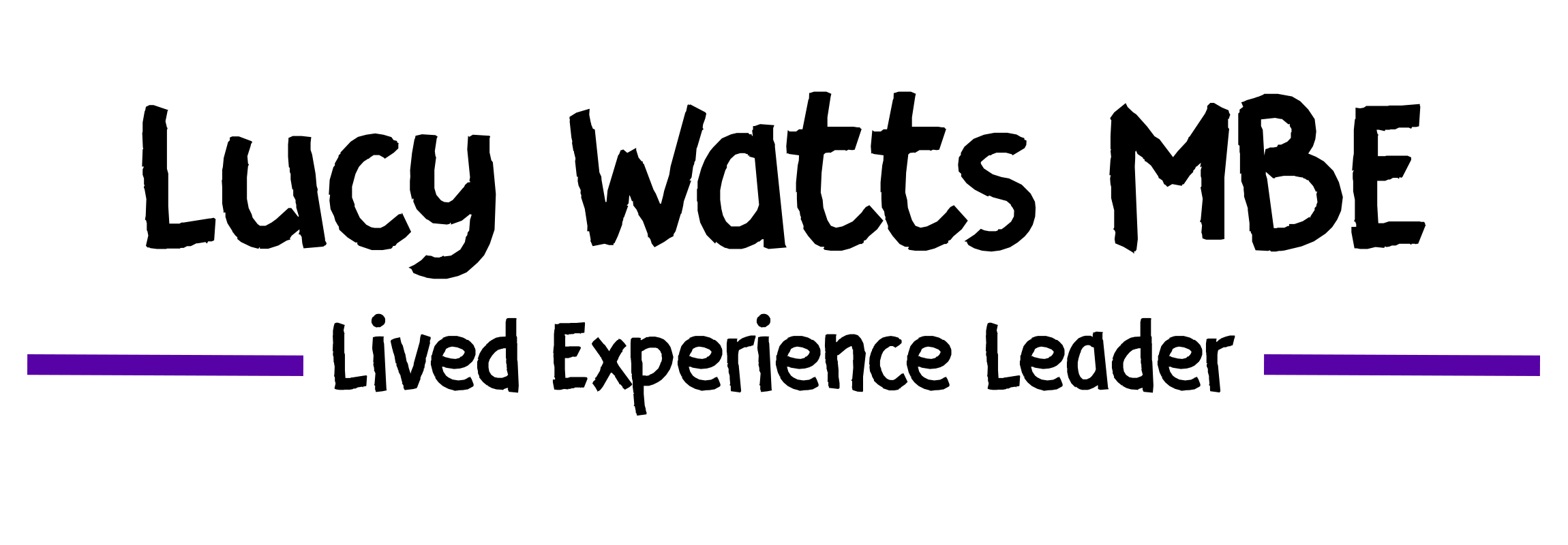
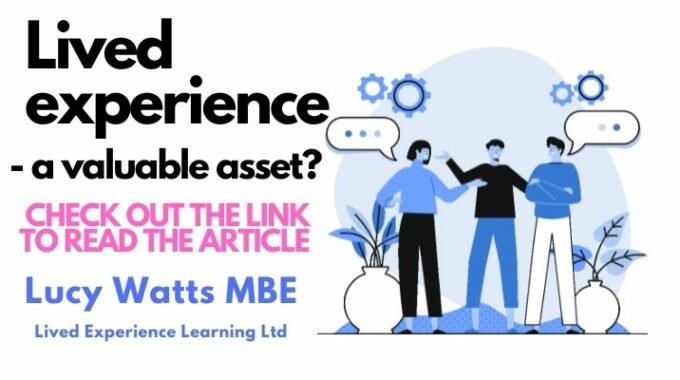
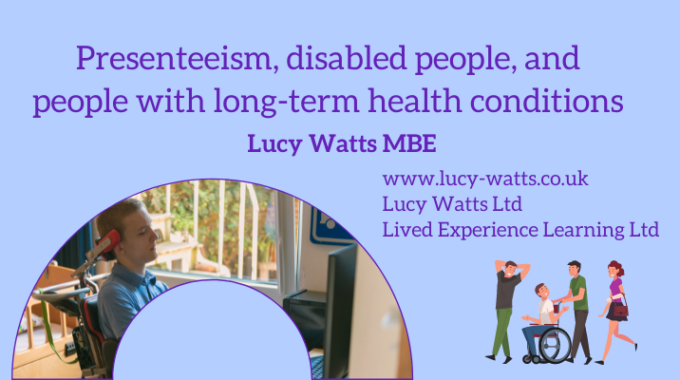
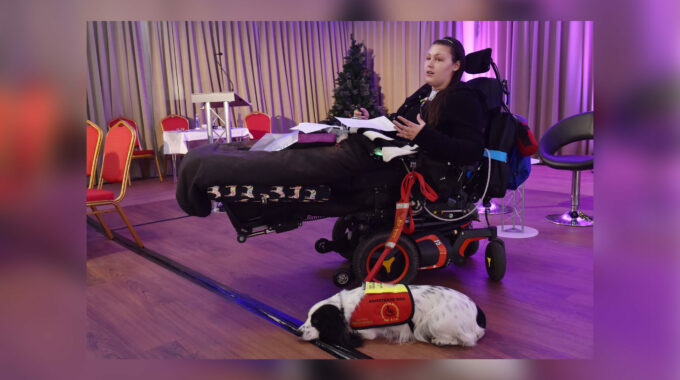
This Post Has 0 Comments